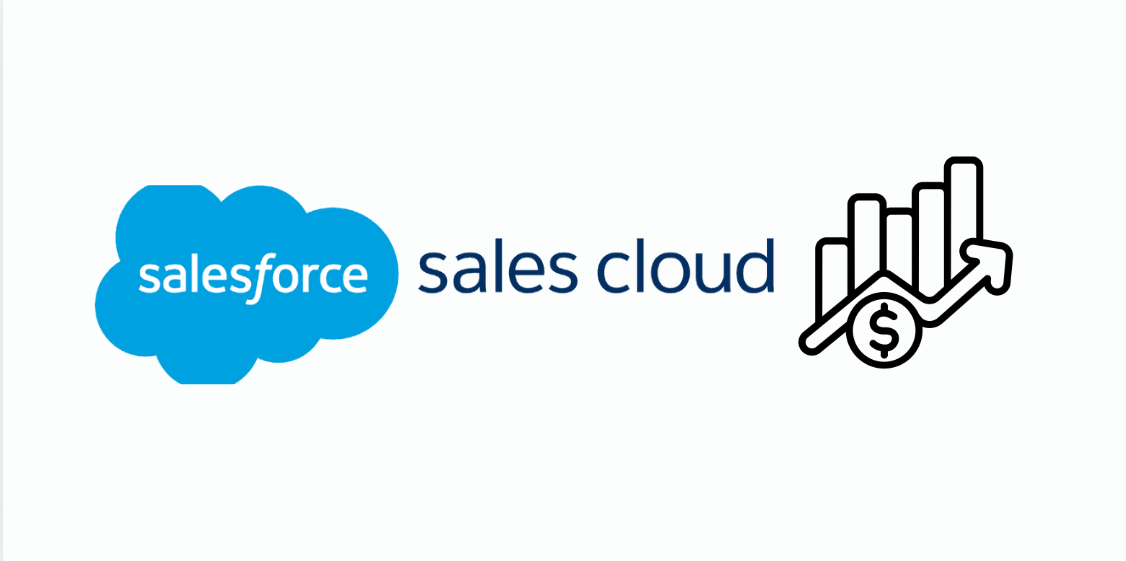Choosing the Right Salesforce Implementation Partner: 7 Critical Questions to Ask
I. Introduction: The Vision vs. The Reality
You’ve invested in Salesforce Development and implementation, or you’re about to. You envision a seamless ecosystem, empowered teams, and data-driven decisions that propel your business forward. Yet, for many organizations, the reality of Salesforce implementation can feel far from this vision – often leading to underutilized features, frustrating user experiences, and a murky return on investment. The market is saturated with Salesforce implementation companies, making the choice even more difficult. This isn’t just about selecting a vendor; it’s about choosing a strategic ally. At CodePlateau, we understand that Salesforce is more than just a software deployment; it’s a profound business transformation. Our recent elevation to a certified Salesforce Partner underscores our commitment to not just implement, but to innovate alongside you, ensuring your Salesforce ecosystem drives tangible, real business growth. This guide will equip you with 7 transformative questions designed to help you identify a Salesforce partner company that will truly unlock your platform’s exponential power.II. The “Growth Gap”: Why Traditional Implementations Fall Short
Many Salesforce implementation partners focus solely on the technical build. They handle configurations, data migration, and go-live. But is that enough to bridge the “growth gap” – the difference between having Salesforce and actually growing from it? Without a strategic, end-to-end approach, Salesforce can feel like another operational cost, rather than a profit center. Common pitfalls we consistently observe include:- Underwhelming Adoption: Teams revert to old habits because the new system isn’t intuitive or integrated into their workflow.
- Fragmented Processes: Instead of streamlining, Salesforce adds complexity if not aligned with your unique operational flow.
- Elusive ROI: The initial investment feels heavy, but the measurable benefits remain unclear.
- Post-Launch Paralysis: Once live, the support disappears, leaving you to navigate the optimizations alone.
III. Your Blueprint for Success: 7 Critical Questions for a Growth-Driven Partnership
1. How do you translate our overarching business objectives into a tangible Salesforce strategy that guarantees measurable ROI?
Many Salesforce implementation companies will ask about your requirements. But a transformative partner delves deeper. They should initiate with your business objectives – what does real growth look like for you? How will they define Key Performance Indicators (KPIs) upfront, and what specific strategic framework will they employ to ensure every Salesforce customization, integration, and training module directly contributes to these measurable goals?
2. What is your unique methodology for ensuring high user adoption and fostering an internal culture of continuous optimization?
User adoption isn’t a post-launch afterthought; it’s woven into the fabric of a successful implementation. Ask about their change management strategy, training programs, and how they sustain excitement long after go-live.
3. Beyond technical certifications, what specific industry insights and specialized Salesforce Cloud expertise do you bring to the table?
While certifications are crucial, true partnership comes from domain-specific understanding. Look for proven expertise in Sales Cloud, Service Cloud, Marketing Cloud, or platforms like Agentforce.
4. How do you approach complex data migration, seamless integration with our existing tech stack, and paramount data security?
Your data is your digital DNA. A strategic partner emphasizes data governance, secure integrations, and compliance across all implementations.
5. How do you define “success” for this project, and what tangible metrics will you commit to delivering for our business?
Beware of vague success metrics. Demand clear, quantifiable goals and tracking mechanisms, such as dashboards that reflect ROI through improved efficiency and sales.
6. What does your post-implementation partnership look like, ensuring long-term growth and continuous Salesforce evolution?
The go-live date is merely the beginning. A visionary partner offers continuous optimization, support for new Salesforce releases, and ongoing strategic guidance.
7. Can you share case studies or client testimonials that specifically demonstrate your ability to drive transformative business outcomes?
Request case studies that show measurable success, operational transformation, and lasting partnerships – not just technical delivery.
IV. CodePlateau: Your Strategic Salesforce Partner for Real Growth
As a certified Salesforce Partner, CodePlateau is more than just one of the many Salesforce implementation companies. We blend deep technical expertise with a proactive, humanized approach, ensuring your Salesforce investment drives significant ROI and sustainable business growth. We are committed to an end-to-end partnership that:- Prioritizes your measurable success
- Helps you define clear business objectives
- Strategize for maximum impact
- Optimize processes and user adoption
- Measure tangible results
V. Don’t Just Implement. Innovate.
The choice of your Salesforce implementation partner is a pivotal decision that will shape your business’s future. By asking these transformative questions, you’ll be able to differentiate between mere vendors and true strategic partners who are invested in your success. Choose a partner who sees your vision and has the methodology to turn it into a reality. Ready to transcend basic implementation and build a Salesforce strategy that truly accelerates your business growth and delivers measurable ROI?
Innovate with CodePlateau.
Contact us today for a no-obligation consultation.
Connect with CodePlateau – Your Certified Salesforce Partner



